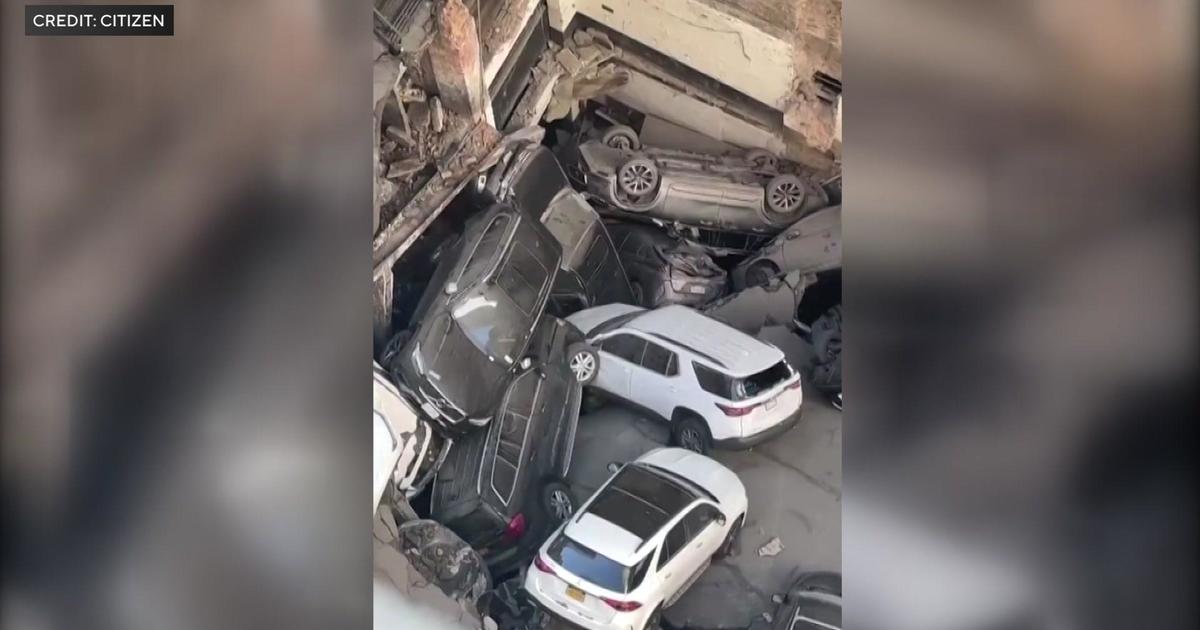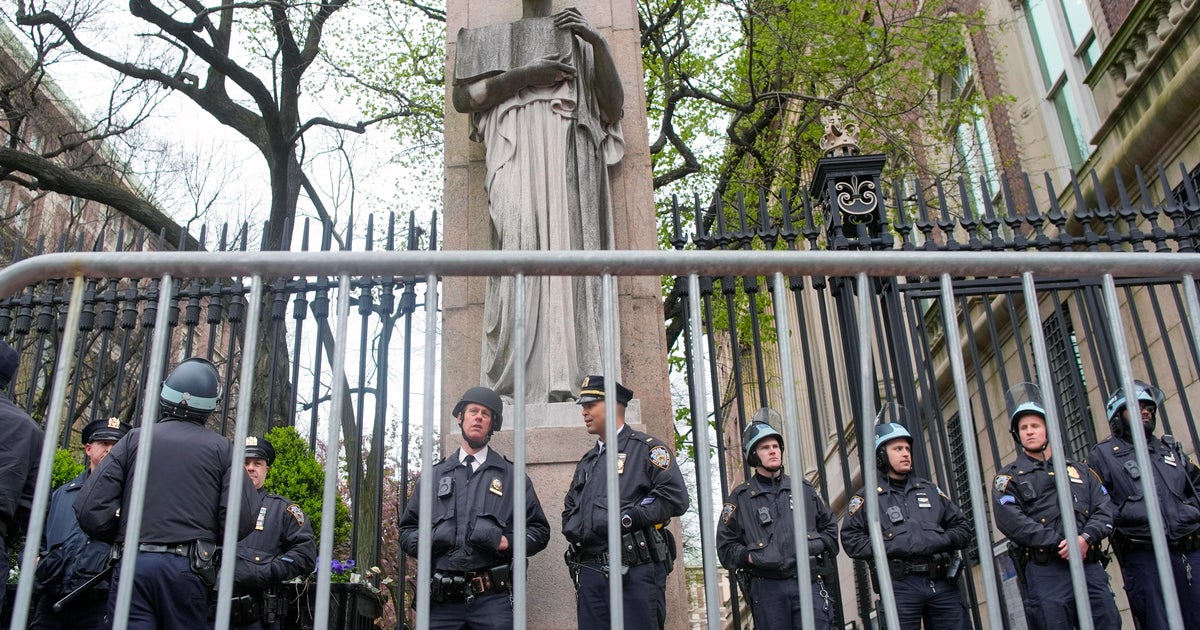City Council Passes Bills That Watchdog NYPD, Ease Profiling
Updated at 3:31 a.m., June 27, 2013
NEW YORK (CBSNewYork) -- Early Thursday morning the New York City Council voted on and passed two bills that will potentially impact how the NYPD operates on a day-to-day basis.
CBS 2 reported Wednesday evening that Bill 1079, creating an inspector general position that would oversee the Police Department, and Bill 1080, which would limit racial profiling, were expected to pass. After extended discussions on both pieces of legislation into the early morning hours Thursday, the bills passed by 40-11 and 34-17 votes, respectively.
Mayor Michael Bloomberg, who was adamantly against both proposals, issued a statement shortly after the votes.
"Last year, there were a record-low numbers of murders – and a record-low number of shootings – in our city, and this year, we're on pace to break both of those records. Unfortunately, these dangerous pieces of legislation will only hurt our police officers' ability to protect New Yorkers and sustain this tremendous record of accomplishment. We have demonstrated why these bills are bad for public safety, and I will veto this harmful legislation and continue to make our case to Council Members over the coming days and weeks," Bloomberg said.
During the debate, Council Speaker Christine Quinn explained the responsibilities of a potential inspector general.
"This entity within the [Department of Investigations] will not only look at what individual police officers do, but on the overall policies and practices of the Police Department," Quinn said. "Almost every other city agency has this type of monitor. Just about every federal law enforcement agency in the county has this type of monitor, and police departments across the country have this type of monitor."
Quinn dismissed concerns by Mayor Bloomberg and other opponents that the bill would hamper police officers and make the city less safe.
"When George Bush was president, more monitoring of federal law enforcement was put into place, and there was no evidence that it hampered those entities," Quinn said, adding crime went down 33 percent in Los Angeles after an inspector general was put in place for the LAPD.
Other supporters, including City Councilman Brad Lander (D-39th), said the two measures would end discrimination by police officers in black and Latino communities. Backers had argued that the city's stop-and-frisk program needs to be reined in, and the bills will accomplish the goal.
At the overnight meeting, Lander said the goal is to "provide insight to improve policing," with the goal of "guaranteeing that we have the best police department we possibly can."
He said the goal of the profiling bill would be to bring an end to "allegations of arrest quotas, of crime statistics downgrading, of ensuring that surveillance is based on leads, not on religion or ethnicity."
Councilman Jumaane Williams (D-45th) said opponents of the bill on profiling were "paternalistic" and did not represent those affected by gun violence and adversarial relationships with police, as Williams said he does in his Brooklyn district.
He also said campaign calls have been going out claiming that under the bill, "officers will not be able to use descriptions over the radio," and that "officers will be financially liable and lose their homes."
None of that is true, Williams said.
"I have challenged them to point out in the bill where these things are, and I would pull the bill before the vote. If they couldn't point it out, I challenged to pull their ads and to apologize," Williams said. "I have yet to hear back from my challenge."
Williams drew thunderous applause as he implored members of the City Council who might not be affected by high crime rates and poor relationships with police to understand his viewpoint and vote for the profiling bill.
The call for an inspector general gained traction when the NYPD's controversial stop-and-frisk policy went on trial to determine if the practice is discriminatory. Quinn, a mayoral hopeful, led the charge to bring that measure up for a vote.
One of Quinn's Democratic challengers, New York City Public Advocate Bill de Blasio, also supported an inspector general to oversee the NYPD, while fellow mayoral hopeful John Liu stood opposed to the proposal.
But Mayor Bloomberg strongly disapproved of both proposals.
Bloomberg had promised to veto both measures if they reached his desk, although Quinn had said repeatedly she has enough votes to override the inspector general proposal.
"We think these are both ill-considered bills which would put the public and our police officers in real serious danger and could reverse the striking, dramatic and wonderful reduction in crime that this city has experienced over the last 10 years or 20 years," Bloomberg said Monday.
"The legislation would generate so many frivolous lawsuits that its sponsor may well have called it the full employment for plaintiff attorneys act," he said.
Check Out These Other Stories From CBSNewYork.com:



